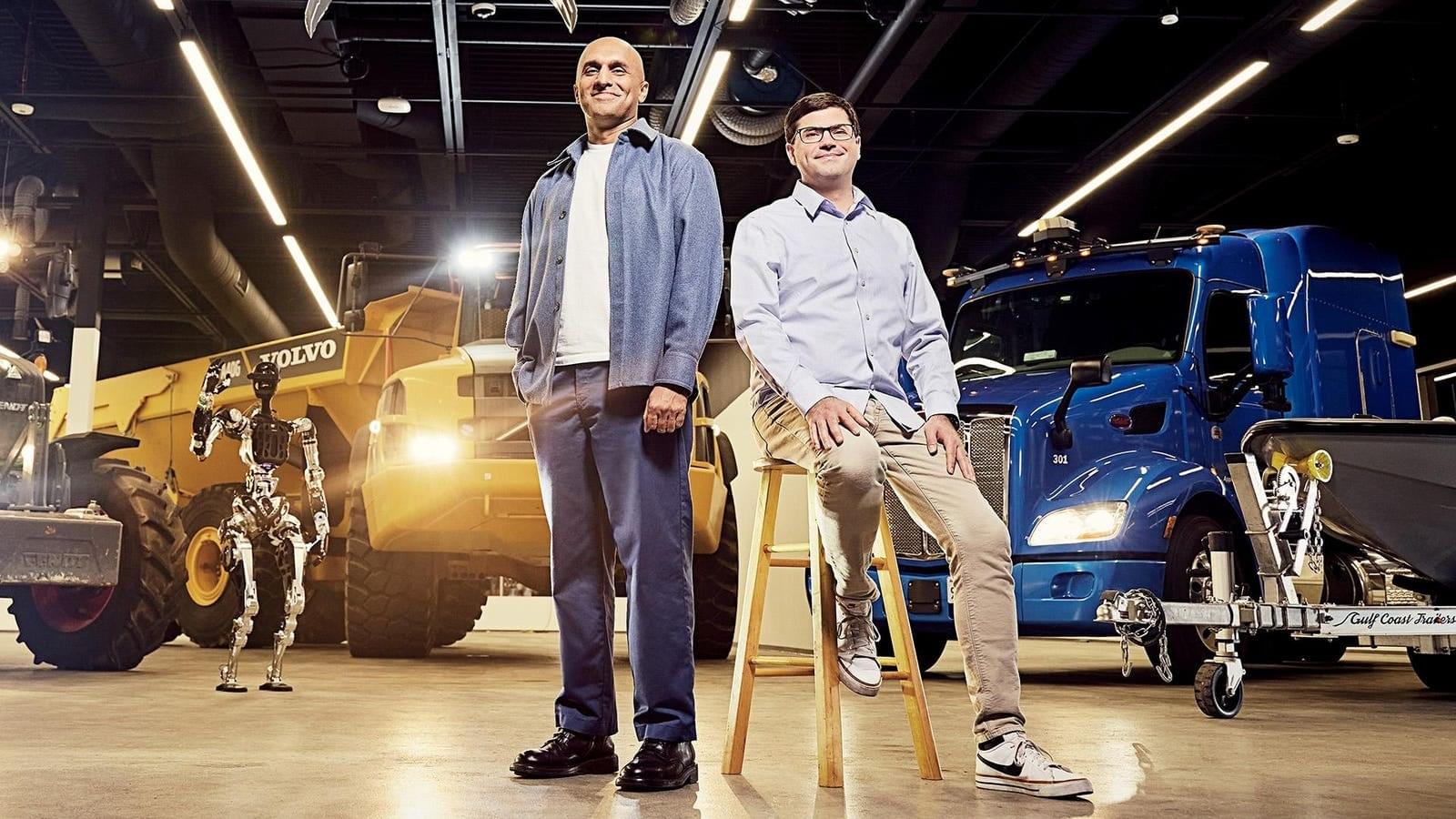An enjoyable article exploring the science of reproduction in space. I appreciate the genuine curiosity and hopeful outlook here!
The annual SXSW conference in Austin, Texas, can be a bit overwhelming. What started as a fairly modest four-day music festival in 1987, drawing some 700 attendees, has become a ten-day extravaganza of panel presentations featuring celebrities and business leaders, film screenings, technology showcases, and—yes—music. These days hundreds of thousands of people converge on downtown Austin for “South By,” as it’s called by those in the know. When I was a graduate student at the University of Texas in the early 2000s, I always avoided the festival and its inevitable crowds, which was relatively easy to do since it tended to be held the same week as the university’s Spring Break.
Article continues after advertisement.
But when I received an invitation in 2023 to attend a SXSW panel presentation with the title “Sex in Space: Sex and Reproduction Beyond Earth,” I knew I had to go. After all, any plans to create a permanent settlement on Mars or elsewhere in space wouldn’t last long if we can’t have kids there.









